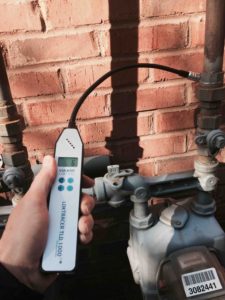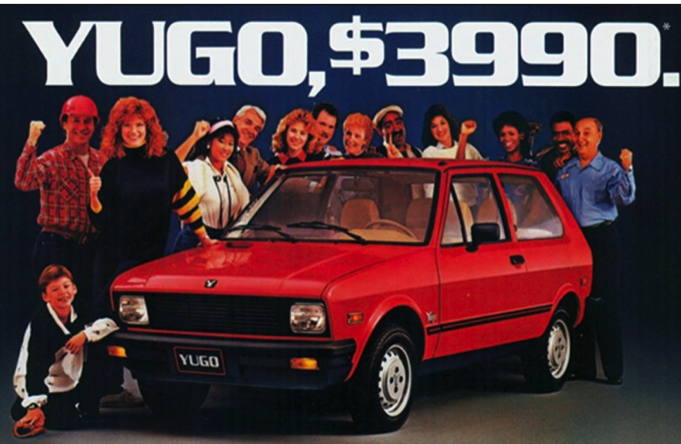

Does anyone still remember the Yugo? In the 1980's the Yugo automobile was produced in Yugoslavia and sold in the USA. Turned out it was one of the worst cars in history. Today, they have all but disappeared to the shredder as scrap steel. What was cheap in that case was not necessarily good. My experience in leak checking applications is that it is thought, if a product will not form a bubble (either being dunked in water or sprayed with a soap solution) the product is leak tight. What is not understood is the leak rate that bubble really represents. In reality, every product leaks. The leak check determines if the leak is below the acceptable leak rate.
Bubble testing is cheap. It is also visual. So the cost and training is minimal to get into operation. Operators understand a bubble forming, and thus can quickly get up to speed in finding leaks. Because it is visual, the operator gains confidence quickly that leaks in the product are found.
Is there a better method available?
The next method up the leak checking food chain is getting rid the soap bottle or tank of water and replacing it with a handheld sniffer leak detector. Traditionally, a helium leak detector is chosen for consideration. These helium detectors start at several thousand dollars and can end up at $15k or more if a mass spectrometer is required. Helium gas is needed to fill the test object.
The new technology available is with a hydrogen leak detector. Before you think Hindenburg...wait.... the tracer gas is a mixture of only 5% hydrogen & 95% nitrogen. In nitrogen, hydrogen does not become combustible until the concentration is 5.7%. So this is green label gas. The hydrogen leak detector cost is right at a $1000, so much less than helium. Cost of the gas is 1/4 that of helium.
And how much better than bubble testing is sniffer leak testing?
1000 times better or more....hydrogen leak detectors will find leaks that will not even form a bubble.
Visit the website page below for more information. There you can ask us for our 30 day money back guarantee if not satisfied.
Schoonover TLD.500 and TLD.1000 Hydrogen Leak Detectors
The author of this article Greg Vaughan is a Technical Representative for Schoonover Inc. and has 20 years experience in helping customers find leaky product. His email is greg@schoonoverinc.com

